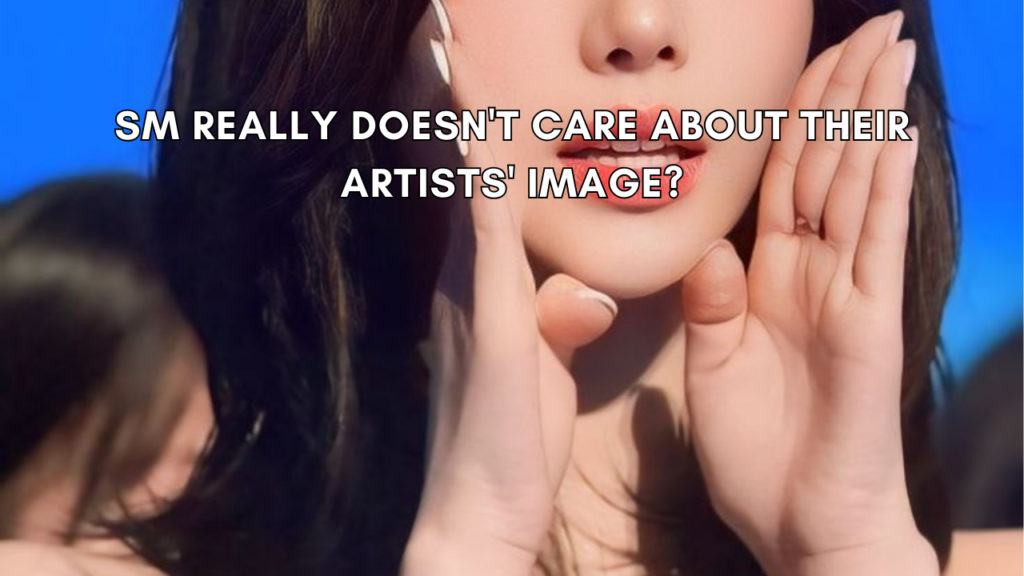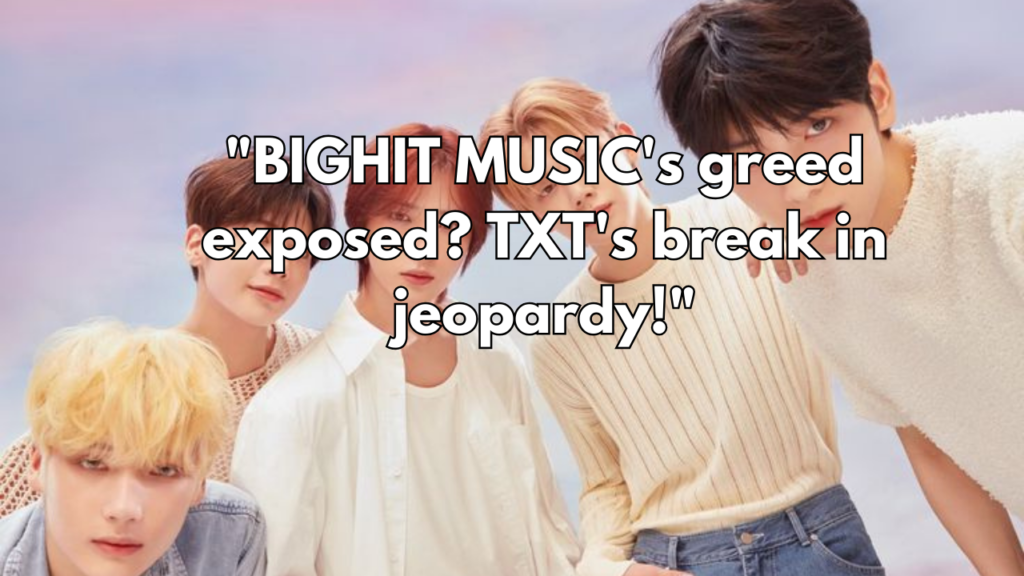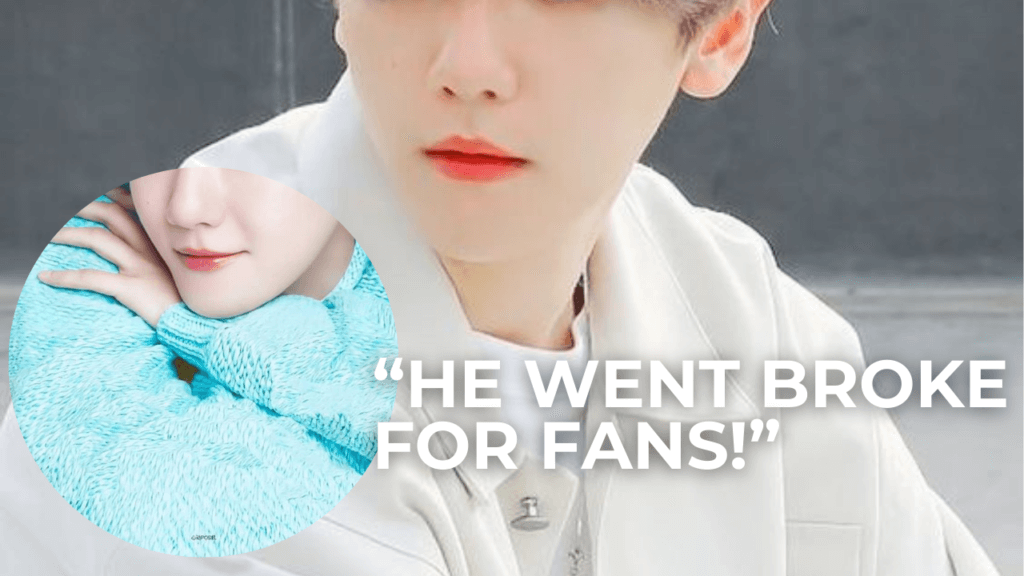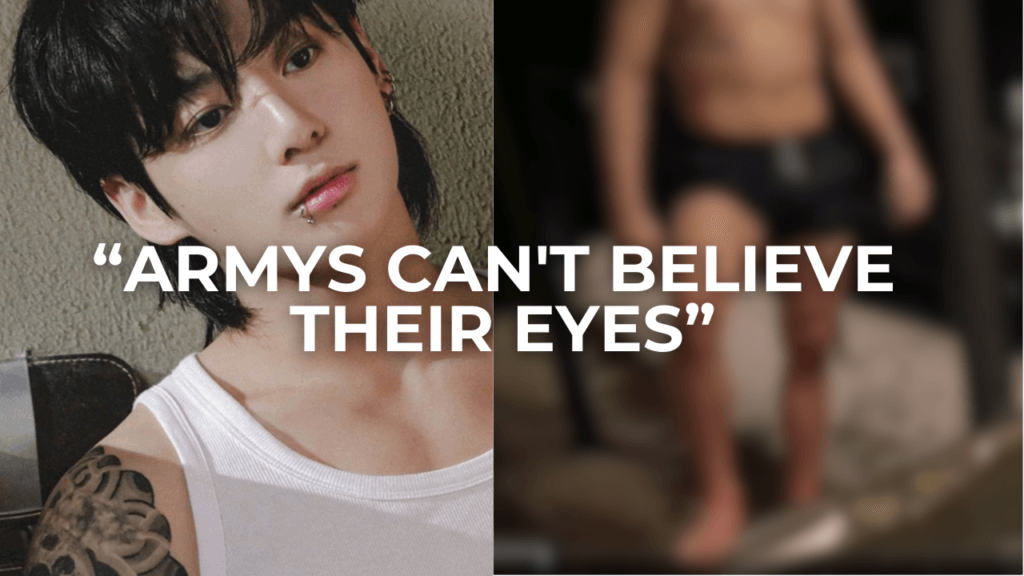aespa Karina’s Latest Partnership Stirs Controversy
The K-pop industry was sent into a frenzy when aespa’s Karina was announced as Caffè Pascucci’s first-ever celebrity model on January 11. This groundbreaking endorsement deal quickly became a hot topic among Korean fans, but the excitement soon turned to concern as deeper issues emerged.
The partnership immediately sparked intense backlash from fans who recognized the troubling connection to SPC Group. What should have been a celebratory moment for Karina’s growing influence in the industry instead became a focal point for criticism and heated debate.
Why Fans Are Concerned About The Partnership
While Caffè Pascucci proudly represents Italian coffee culture globally, its Korean operations fall under SPC Group’s management. Since 2022, SPC Group has faced mounting criticism and widespread boycotts due to serious workplace safety concerns and poor working conditions that have plagued their operations.
The controversy deepened significantly when fans uncovered multiple accidents at SPC’s operational sites. These incidents weren’t isolated events but rather pointed to a pattern of serious safety issues that remain unaddressed. The company’s apparent lack of response to these concerns has only fueled public outrage.
See also:Lee Soo Man Declines SM Entertainment’s 30th Anniversary Concert Invite
Korean consumers have been particularly vocal about these issues, leading to a sustained boycott movement that has affected multiple SPC-owned brands. The addition of a beloved K-pop idol to their marketing strategy has been seen by many as an attempt to deflect attention from these underlying problems.
See also:SM Entertainment Faces Fresh SEVENTEEN Plagiarism Claims Over RIIZE Show
SM Entertainment’s Growing SPC Connection
This controversial partnership isn’t an isolated incident in SM Entertainment’s relationship with SPC Group. The agency has established a pattern of collaboration with SPC-owned brands, as evidenced by recent partnerships involving other SM artists. RIIZE’s collaboration with Baskin-Robbins Korea and NCT WISH’s holiday season campaign with Paris Baguette demonstrate a consistent business relationship between the two companies.
The pattern of collaboration has raised serious questions about SM Entertainment’s decision-making process and corporate values. Fans are increasingly questioning why the company continues to partner with a controversial corporation despite widespread public criticism and potential damage to their artists’ reputations.
Impact on Artist Image
The endorsement deal’s implications extend far beyond Karina’s individual image, potentially affecting aespa’s entire brand and reputation. Korean netizens have expressed growing concern about how these controversial partnerships might influence public perception of their favorite artists in the long term.
Many dedicated fans find themselves in a difficult position, torn between supporting their idols and standing against companies with questionable labor practices. This creates a complex situation where fan loyalty directly conflicts with ethical concerns, leading to heated discussions within fan communities.
Final Thoughts: The Cost of Brand Partnerships
The controversy surrounding Karina’s Pascucci endorsement raises important questions about responsibility and ethics in K-pop partnerships. As the industry continues to grow and artists gain more influence, the impact of their endorsement choices becomes increasingly significant.
What are your thoughts on celebrities endorsing controversial brands? Should entertainment companies prioritize ethical considerations over business opportunities?







